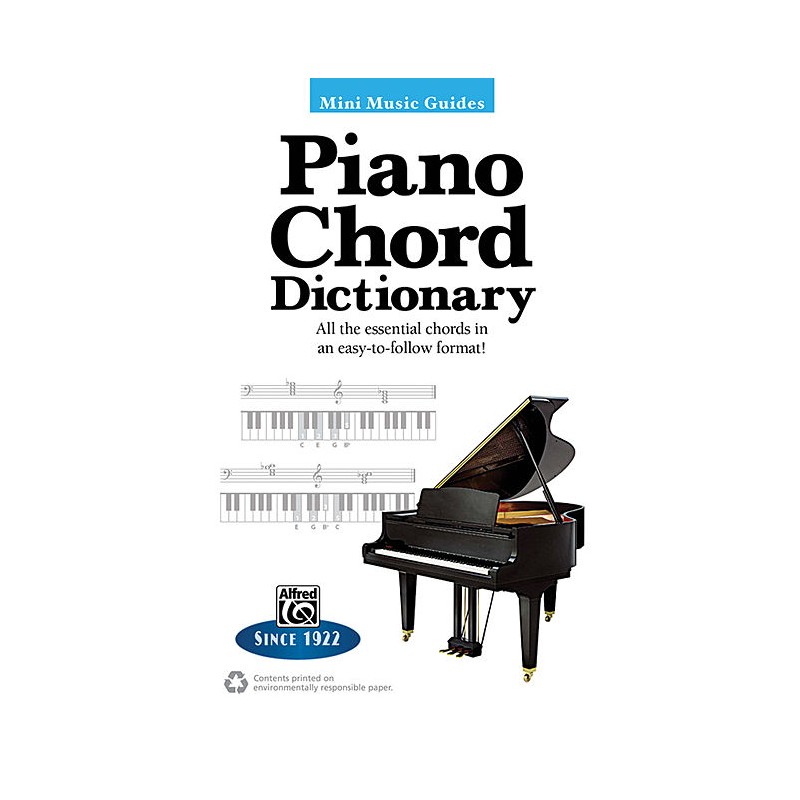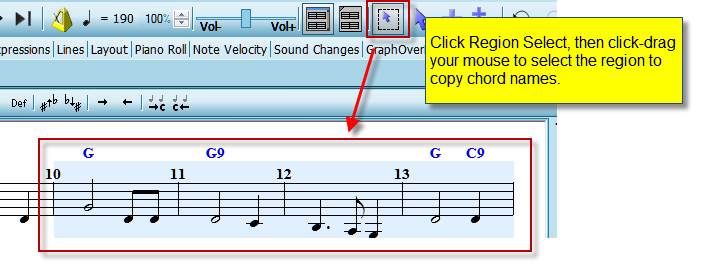
Return file path to output file of conversion if conversion has happened, else None class chord_extractor. In this implementation any midi files are converted to wav files which are placed in a temporary directory Override of this method can perform any logic that may benefit from multiprocessing available in extract_many. Primarily this is used toĬonvert the file at the path, based on its file extension to a file usable by the extract method. Run any preprocessing steps based on the location path of the sound file provided. List of tuples, each with the extraction results and id being the file that the extraction was takenįrom. If False, an error willĬause a None result to be returned in the sequence attribute for a particular LabelledChordSequence result. Be warned, this means that the parent process will be killed. Stop_on_error – If True, an error encountered during a single extraction will stop the overallĮxtraction process. Otherwise conversions are deleted once extractions are performed (extractions are paused if the file limit If 0, there is no limit and no conversions will be deleted,

Max_files_in_cache – Limit of number of files for a single extract_many run to have in the temporary fileĬache (for file conversions) at any one time. Num_preprocessors – Max number of conversion processes to run in parallel Num_extractors – Max number of extraction processes to run in parallel This takes a tuple with the extraction results and original filepath of the extracted file as argument. Parameters :įiles – List of paths to files we wish to extract chords forĬallback – An optional callable that is called when chords have been extracted from a particular file. Note, if in any subsequent extract runs, an existing fileĬonversion is found in the temporary directory, a new conversion will be skipped and the existing one used. Any conversions are cached in a temporary folder specified using the environment variableĮXTRACTOR_TEMP_FILE_PATH (/tmp if not specified). Otherwise the original file willīe queued. Preprocessing, it is the conversion that is passed to a queue for extraction. If a file is of a format that needs to be converted in To extraction can also be done in parallel with the extractions.įiles can be a mix of different file formats. Furthermore any file conversions that have to be done as a prerequisite extract method, this one gives the option List of chord changes for the sound file extract_many ( files : List, callback : Optional, None ] ] = None, num_extractors : int = 1, num_preprocessors : int = 1, max_files_in_cache : int = 50, stop_on_error = False ) → List ¶Įxtract chords from a list of files. abstract extract ( file : str ) → List ¶Įxtract chord changes from a particular file Parameters :įile – File path to the relevant file (and if possible can accept file like object) Returns : May take only certain file formats, and integrating conversion logic here enables it to be parallelized.

It also provides functionality for sound file conversion, ChordExtractor ¶Ībstract class for extracting chords from sound files.

chord : str ¶Īlias for field number 0 timestamp : float ¶Īlias for field number 1 class chord_extractor. If a part of the sound file is non-musical. Note that if ‘N’ is given, this denotes no chord, e.g. Examples includeĮmaj7, Dm, Cb7, where maj = major, m = minor, b = flat etc. The string notation used in the chord string is standard notation (and that used by Chordino). Tuple to represent the time point in a sound file at which a chord changes and which chord it changes to. ChordChange ( chord : str, timestamp : float ) ¶ extract_many ( files_to_extract_from, callback = save_to_db_cb, num_extractors = 2, num_preprocessors = 2, max_files_in_cache = 10, stop_on_error = False ) # => LabelledChordSequence( # id='/tmp/extractor/d8b8ab2f719e8cf40e7ec01abd116d3a', # sequence=) class chord_extractor. wav files that have been converted from midi) clear_conversion_cache () res = chordino. to # save the latest data to DB chordino = Chordino ( roll_on = 1 ) # Optionally clear cache of file conversions (e.g. From chord_extractor.extractors import Chordino from chord_extractor import clear_conversion_cache, LabelledChordSequence files_to_extract_from = def save_to_db_cb ( results : LabelledChordSequence ): # Every time one of the files has had chords extracted, receive the chords here # along with the name of the original file and then run some logic here, e.g.


 0 kommentar(er)
0 kommentar(er)
